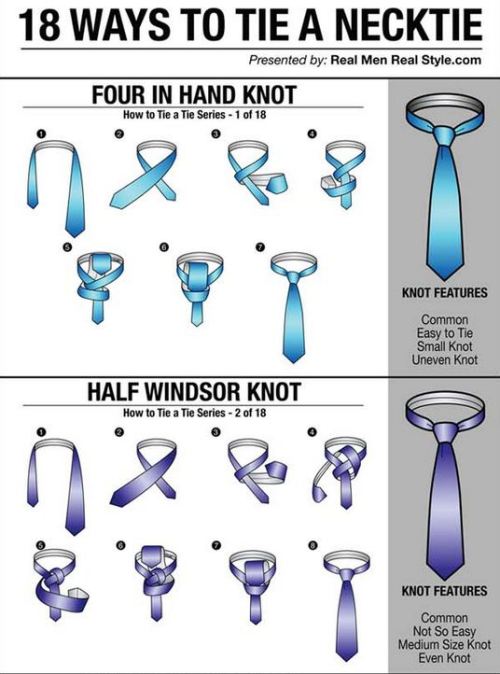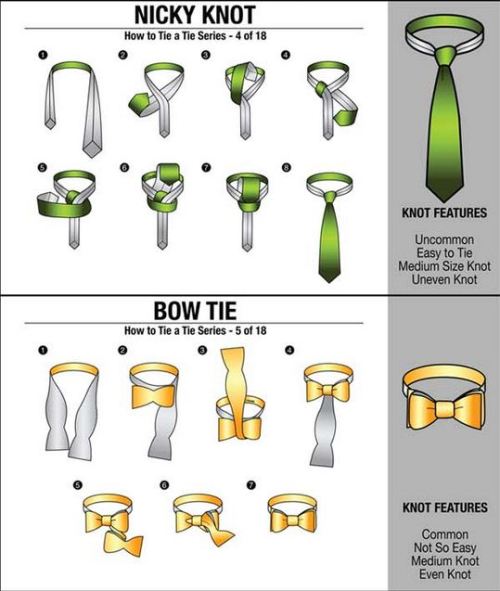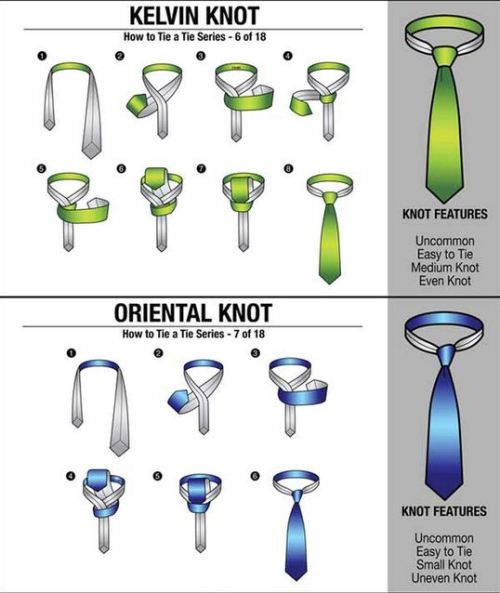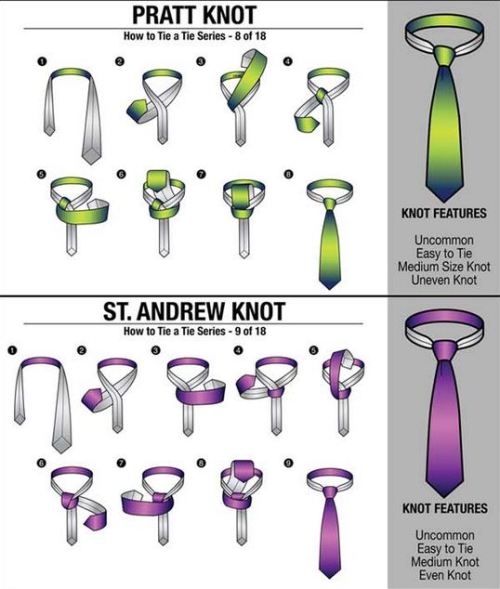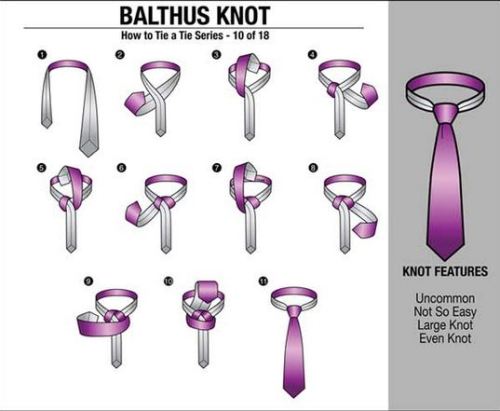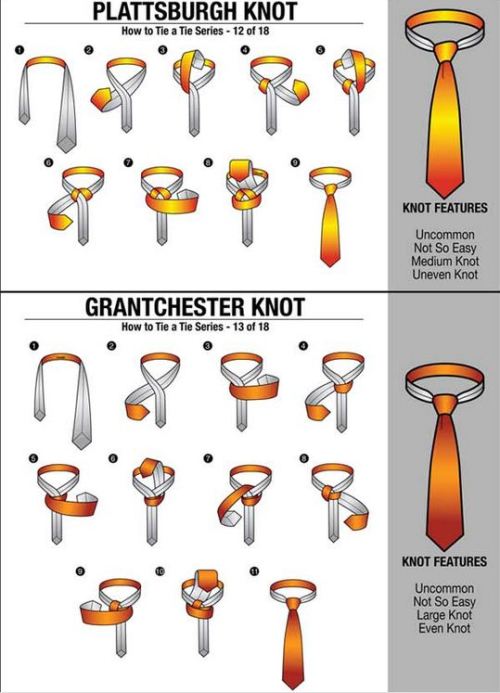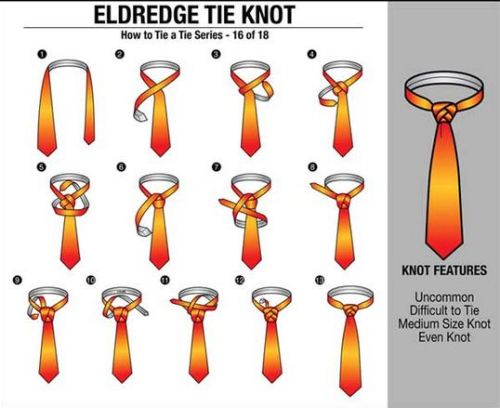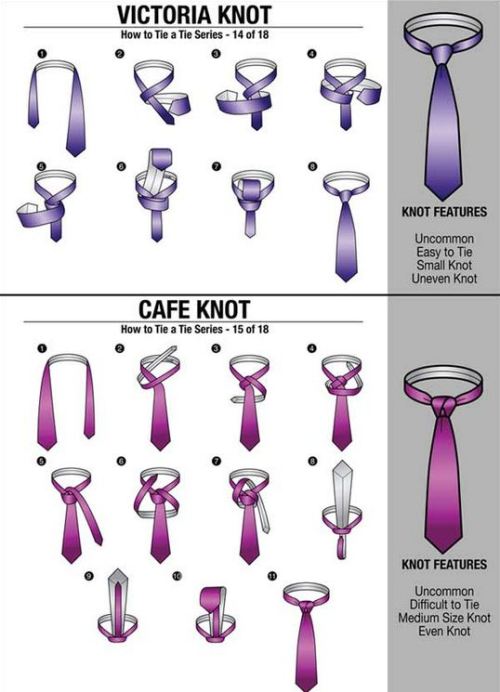Bernatk - Heatherfield Citizen

More Posts from Bernatk and Others
Freedom
There are timeless books. Like Dostoyevsky's Crime and Punishment. It's not an easy read - it takes one some time to digest it. There are parts where you have to sleep before you'd continue. Sometimes it's inevitable to have some time to really understand a chain of thoughts.
Among many fantastic ideas and images, there's one thing I was really interested in while reading the book. Freedom. The freedom of will. Throughout the novel it seems, as if there's no choice, he has to do this or he has to say that. But it really isn't true. Raskolnikov always had the chance to stop, to change. I must admit I was profoundly worried as the unread part of the book kept thinning and yet, all the events, conversations and meditations seemed to disprove my belief.
It was until the last scene of Porfiry. He demanded the truth to be seen. He offered a choice, one that's always been present, even before the murder in the beginning of the book, and it was no else than holding on to foolish philosophies or letting go and free-falling into the frightening depths of salvation.
The whole story is an interesting idea. One does not have to commit such an obvious and terrible crime in order to be lost. Because freedom, like Raskolnikov's freedom, is basically just the freedom that a binary choice offers. It's a generally known fact that the world isn't black and white, so how could matters be so easy, as to say they're just the intersection of two ways. But they are. The quintessential of choices is just this question: salvation -- or this?
The 'this' of life is something we all know. It's all of our ideas, our self-made plans, which will be ridiculed sooner than we'd think. We have a grand plan individually designed for each and every one of us. Just as Raskolnikov always had the greatest thing in reach, we, too, have it right there. The most fantastic treasure of our lives, or the possibility of receiving it, is right around us. It's already delivered, we're just too eternally busy with our own thoughts that we began to believe, that we're not free to go for it. We began to believe there are things we have to do in order to-- But it's really just letting go of control and trying to fit into the Heavenly plan. It's always accessible, we're not required to be anywhere or anyone to be given it.
The Hobbit - Smaug's Philosophy
Peter Jackson's Desolation of Smaug (2013) had a great impact on me for numerous reasons. When I was introduced to Tolkien's tale, I was in high school and I found a number of morals of the story, that I could revisit now. This time, however, I have come across a thing in Smaug's reasoning, that was brand new to me.
When Bilbo and Smaug have their conversation, the dragon speaks scornfully of Thorin's attempt to reconquer the mountain. He says, that the dwarf if misled, if he believes, that his ancestors' kingdom can be restored. The dragon also argues, that no one has right to Erebor but him.
We, the sons and daughters of modern democracies, which mostly promote both liberal and communitarian values, automatically think, that of course the Lonely Mountain rightfully belongs to Thorin. He is heir to the throne and the land was taken by force by a--so to speak--tyrant. The dwarf's reasoning seems legitimate and just. Smaug's evil and Thorin is virtuous, this is very clear.
But we must bring this conflict to further consideration to understand it in depth. What we actually see is how two philosophies confront each other. Smaug explains this almost explicitly to Bilbo. The dragon argues, that the dwarves have a narrative identity, which gives them ground to make their claims, on the contrary, Smaug says, he has just as much justification. His main argument is probably, that he is stronger, and justice exists only between equal parties but since they are inequal in strength, the more powerful does as he/she sees fit and the weaker obviously can't resist, ergo must undergo whatever the other decides. Smaug's second, maybe less conspicuous argument is, that his narrative identity also gives him ground to be ruler of Erebor: he conquered this land--probably by different means but with the same outcome--just as the race of the dwarves once did and now it belongs to him.
This predicament reminds me of the famous Melian Dialogue, which is in Thucydides' History. In that, the Athenian empire asked the island of Melos to surrender to them and pay tribute but they refused and appealed to Athen's sense of morals: mercy and the respect of neutrality. It is, of course, not an identical case, but what is very similar: the Athenians argued, that there's no true moral argument, that could be made in this case. They said: "For ourselves, we shall not trouble you with specious pretenses—either of how we have a right to our empire because we overthrew the Mede, or are now attacking you because of wrong that you have done us—and make a long speech which would not be believed; and in return we hope that you, instead of thinking to influence us by saying that you did not join the Spartans, although their colonists, or that you have done us no wrong, will aim at what is feasible, holding in view the real sentiments of us both; since you know as well as we do that right, as the world goes, is only in question between equals in power, while the strong do what they can and the weak suffer what they must". Smaug reasoned very much like the Athenians did. He thought it foolish to bring up questions about a code of honor or virtue because none of them can be more morally approved, than the other, since every land comes to be ruled by being conquered. The dragon kept arguing, that he has the right to do as he does by possessing the power that he does.
Naturally, Thorin's claim still seems more justified. Our approval can be traced back to two possible roots, both sufficiently sublime to give us peace about our point of view.
The first possible explanation is, that Thorin aimed to cultivate the land and the neighbor peoples. He wanted to restore a state of prosperity to the benefit of all.
The second possibility is, that Thorin's allegiance was to the side of good or the side of light, as opposed to Smaug's, which was to Sauron and the side of darkness. In this case the dwarf king was trying to reach a divine goal: to overcome evil with good.
Of course both explanations have their shortcomings, mostly because of Thorin's weaknesses, that are often in the nature of morals, but all in all, he is something like a "good guy".
Smaug's reasoning in IR and political philosophy in general is called a realist approach. It's like Machiavelli's "power is power" way of thinking. I believe our disapproval of the dragon's line of argument shows our natural tendency to believe in more than just causality. We have a moral code implanted in our souls. We can, of course, fight it in favor of profit or the "greater good" or whatnot but it's undeniably there. This tendency is a beacon of hope for me. It gives me faith and not just in humanity or a set of ideals, no. It gives me hope, that overall there is good, which transcends our desperate, miserable and depressing world. It gives me hope, that there is God, in whom I can lay my trust.
I was within and without. Simultaneously enchanted and repelled by the inexhaustible variety of life.
The Great Gatsby - F Scott Fitzgerald
Tarsem’s The Fall #2 - Immersion
In this series I’m exploring the reasons why Tarsem’s “The Fall” is my favorite movie.
Seeing a movie for the first time can be awfully important because as the viewer goes along with the story they build up their attitudes, which will hardly change later. Now this doesn’t apply in all cases, since many art films heavily rely on alienation, absurdity and obscurity, all these undermining the importance of the first time, as the case is often that the conception and solidification of attitudes and a deeper understanding of the experience come later. In fact we regularly process movies after the event, however this is usually more of an adjustment in the case of genre movies.
One feature that I find overarching The Fall is its generosity and it is present and foremost here, in the field of immersion, as well as in many other places. The Fall, being an independent film with an R rating, didn’t have very much to win by being as viewer-friendly as it ended up being. My argument is that this film is enjoyable and not at all puzzling at the first time viewing but it serves an artistic purpose and not popularity.
I found two interconnected parts of the film that helped it accomplish this feat.
#1: Placing us in Alexandria’s point of view. First off, a child seems a relatable protagonist, since everyone has been one. Her being in a hospital with a broken arm seems like nothing out of the ordinary; even if one has never had a broken bone, there’s nothing predominantly exotic about it.
#2: The narrative arc is gradual. To delay the exposure of the audience to the more powerful motifs of a film is a hard thing to do because it requires confidence in the script and performances and high payoff value expectation. As I mentioned in the previous paragraph, the story’s starting point is very familiar and seemingly simple. When we are shown the characters and their depths, the movie follows a classic formula: we start with more mundane details and progressively move toward the more dramatic. A juxtaposition: in today’s storytelling it’s more common to try to shock the viewer early on and thus induce an immediate and strong emotional response.
The Fall follows through with this approach of gradual expansion on every layer, e.g. Roy’s story starts out as an independent tale, which is very safe and light, then it becomes inseparable with their reality and concerns the darkest and hardest topics around the end. In this narrative mode the audience is granted safety from confusion, as there’s an obvious story on the top that is entertaining in itself. At the same time, however, the more profound layers of the film, through being concentrated in the later parts, can be encountered without the deception that sudden shocks and an ensuing emotional chaos would have caused. Thus I think the art in The Fall is exquisitely genuine and can be experienced as such, which is a very rare merit.
Sometimes it is harder to deprive oneself of a pain than of a pleasure.
F. Scott Fitzgerald, Tender Is the Night (via wordsnquotes)
How I Met the Most Terrible Woman
The famous sit-com, How I Met Your Mother, reached its end finally. It's been greatly anticipated by many and is currently being hated and scorned by even more. I've heard countless negative comments on it but as most people aren't philosophers, nor particularly good at deeply analyzing films, this popular negative attitude toward the finale of the show rests on feeble limbs.
Two main groups of degrading opinions come to my mind that I've heard:
#1: It's a letdown because we've been driven to believe that Ted would finally arrive at a point when all his misery ends and his life magically becomes complete. This state could be transient but in the final episode it lasted for only a couple minutes and it served the sole purpose of building drama, which is truly not an elegant act.
#2: We've been lied to because Robin and Barney were meant to stay together. They would have been the true success-story of the show and now it's gone to smoke.
These arguments wouldn't stand the ground against strong reasoning because they aren't based on reason but on emotions and taste; and we all know the Latin proverb: "Taste is undebatable." They aren't satisfying arguments to the opposition because they are not smart ones. On the contrary, nobody can argue against them rationally because they are built upon expectations and what we expect is our own--there are no right or wrong expectations, only fulfilled and failed ones.
Shortly after watching it I was hesitant as to what it was meant to be: an ever-hopeful romantic or a disillusioned realist piece. A friend of mine said quite cleverly that it was a disillusioned romantic one. At first I thought it was a brilliant phrase but then I remembered Fitzgerald's Amory Blaine:
<"I'm a cynical idealist." He paused and wondered if that meant anything.>
There are terms that just don't make sense, even though the young egotist feels as though he's said something utterly sharp. This friend of mine is actually a lot smarter than me but in regards of this he made a mistake. A romantic, by definition, has his/her illusions.
Of course I'm not Immanuel Kant and I'm not trying to build an argument on semantics. My point with this is actually that I understand how this ending seems like something smarter than what the great contemporary romantics could dream up and yet with a stronger emotional core than what any realist could invent. It truly creates the illusion that it's a smart ending. But I find it at best average.
Smart people, who've mostly responded positively to HIMYM's finale, often argue that:
#1: It touches on the perfect imperfection of life, how nothing good lasts and yet how Good is omnipresent.
#2: It's the only way that the whole franchise makes sense, since the conclusion explains why this story had to be told in the first place.
#3: It gives us hope that something waits for everybody to make life worthwhile, even in the most surprising forms and even multiple times.
These seem pretty logical arguments to me, however, they are marred by a certain intellectual leniency--that what's smart and realistic, always promotes valuable concepts. But that's not true.
The fatal flaw of HIMYM is that it limits life to a race, where no one actually wins.
Think of Robin and Barney. They had a successful marriage that only lasted three years, what cannot be a successful marriage by definition. Success in marriage isn't depleting a cup of joys and experiences: people vow to keep together to the end of their lives, not to the end of their happiness. Of course, I understand divorces and I don't deny anyone the right to get a divorce, but they exist because sometimes the married couple fails at their promises and that means the failure of their entire marriage and failure is the antonym of success. It's impossible to say that it's a successful marriage but also a failed one. It may have had some success but not a fullness of success.
Think of Ted and Tracey. They were soulmates, destined to be together, and they had their time and they were happy. Then the story contradicts itself and Tracey dies and the concept of the one dies with her. Why does Ted go back to Robin after his marriage? It's not that I'd reject a story where two, who are not perfectly fitting, but loving and caring and willing get together and struggle to live out their love, which naturally has a number of difficulties. That's actually a good love story. But how did a perfect marriage not change Ted essentially? How come does he go back to a failed relationship?
In summary, in the finale there are 2 important points that I find problematic:
#1: Ted arrived at the point where everything started. Maybe things would work out now--maybe not. What is for sure though is that a relatively lasting romantic relationship (a marriage) and parenthood did not alter his concept of where to turn for love. He goes to the same person with the same gift as in the very beginning of the series. What it means is that Ted takes an escapist standpoint and views lived-out love as the primary value in life. Actually not the primary value but much rather he finds everything else pointless because nothing added to or took away from his life: tragedy and great happiness. Ted did not gather true wisdom--he gained nothing but a big number of memories, which hardly correlate, as they eventually take no effect.
#2: Barney's been emotionally crippled by Robin. All the characters point out that he should move on and move forward because even though divorce is a tough issue, one must be able to not become the Barnicle afterwards. What isn't recognized is that divorce is beyond human capacity. It's very nice that Barney becomes emotionally capable through finally becoming a father but the weight of him being emotionally crippled can't be put on the shoulders of a baby girl. It's not that a young girl can't be very strong and do wonders but that it's not normal and natural--it's tragic. There's not a normal way of getting past a marriage but marriages are to be saved. The story runs into a wrong moral that looks very pretty but is actually misleading.
I write this post at about two in the morning so some of my points and arguments are missing and the remaining few is also mixed up and confusing but I felt it important to write this post. Life can't be a cruel balance of happiness and grief. Life isn't a pointless circle. I say these not only because I am a christian but also because philosophically they are great and painful simplifications.
-
 astromechapunk liked this · 5 months ago
astromechapunk liked this · 5 months ago -
 ai-meems liked this · 5 months ago
ai-meems liked this · 5 months ago -
 medusa-full-of-wrath reblogged this · 1 year ago
medusa-full-of-wrath reblogged this · 1 year ago -
 semprefoineurose liked this · 2 years ago
semprefoineurose liked this · 2 years ago -
 raphaelvodnikbellantonio liked this · 3 years ago
raphaelvodnikbellantonio liked this · 3 years ago -
 superdragonfireus liked this · 4 years ago
superdragonfireus liked this · 4 years ago -
 wj630824 liked this · 4 years ago
wj630824 liked this · 4 years ago -
 noumannomi007 liked this · 4 years ago
noumannomi007 liked this · 4 years ago -
 theinfiniteessence liked this · 4 years ago
theinfiniteessence liked this · 4 years ago -
 paddy0121 liked this · 4 years ago
paddy0121 liked this · 4 years ago -
 clearluminaryengineer liked this · 4 years ago
clearluminaryengineer liked this · 4 years ago -
 cybervisiion reblogged this · 4 years ago
cybervisiion reblogged this · 4 years ago -
 je-suis-amande reblogged this · 5 years ago
je-suis-amande reblogged this · 5 years ago -
 stasgruzinshtern reblogged this · 5 years ago
stasgruzinshtern reblogged this · 5 years ago -
 stasgruzinshtern liked this · 5 years ago
stasgruzinshtern liked this · 5 years ago -
 marieincali liked this · 5 years ago
marieincali liked this · 5 years ago -
 vitrus reblogged this · 5 years ago
vitrus reblogged this · 5 years ago -
 anyway-drugs reblogged this · 5 years ago
anyway-drugs reblogged this · 5 years ago -
 synthteeth reblogged this · 6 years ago
synthteeth reblogged this · 6 years ago -
 maa7511 reblogged this · 6 years ago
maa7511 reblogged this · 6 years ago -
 thelitetravaler reblogged this · 6 years ago
thelitetravaler reblogged this · 6 years ago -
 thelitetravaler liked this · 6 years ago
thelitetravaler liked this · 6 years ago -
 istanbulfatihiii liked this · 6 years ago
istanbulfatihiii liked this · 6 years ago -
 ustadbakyoktadim reblogged this · 6 years ago
ustadbakyoktadim reblogged this · 6 years ago -
 dhdingo liked this · 6 years ago
dhdingo liked this · 6 years ago -
 fractal-wings-blog liked this · 6 years ago
fractal-wings-blog liked this · 6 years ago -
 sleepantares liked this · 6 years ago
sleepantares liked this · 6 years ago -
 azukh-xiv reblogged this · 6 years ago
azukh-xiv reblogged this · 6 years ago -
 darkside-of-her-jungle reblogged this · 6 years ago
darkside-of-her-jungle reblogged this · 6 years ago -
 shekillz4bass liked this · 6 years ago
shekillz4bass liked this · 6 years ago -
 liyureblog reblogged this · 6 years ago
liyureblog reblogged this · 6 years ago -
 perdendoseutempo-blog liked this · 6 years ago
perdendoseutempo-blog liked this · 6 years ago -
 jayjaybrd35 reblogged this · 6 years ago
jayjaybrd35 reblogged this · 6 years ago -
 oceanstim reblogged this · 7 years ago
oceanstim reblogged this · 7 years ago
I mostly write. Read at your leisure but remember that my posts are usually produced half-asleep and if you confront me for anything that came from me I will be surprisingly fierce and unforeseeably collected. Although I hope we will agree and you will have a good time.
213 posts
